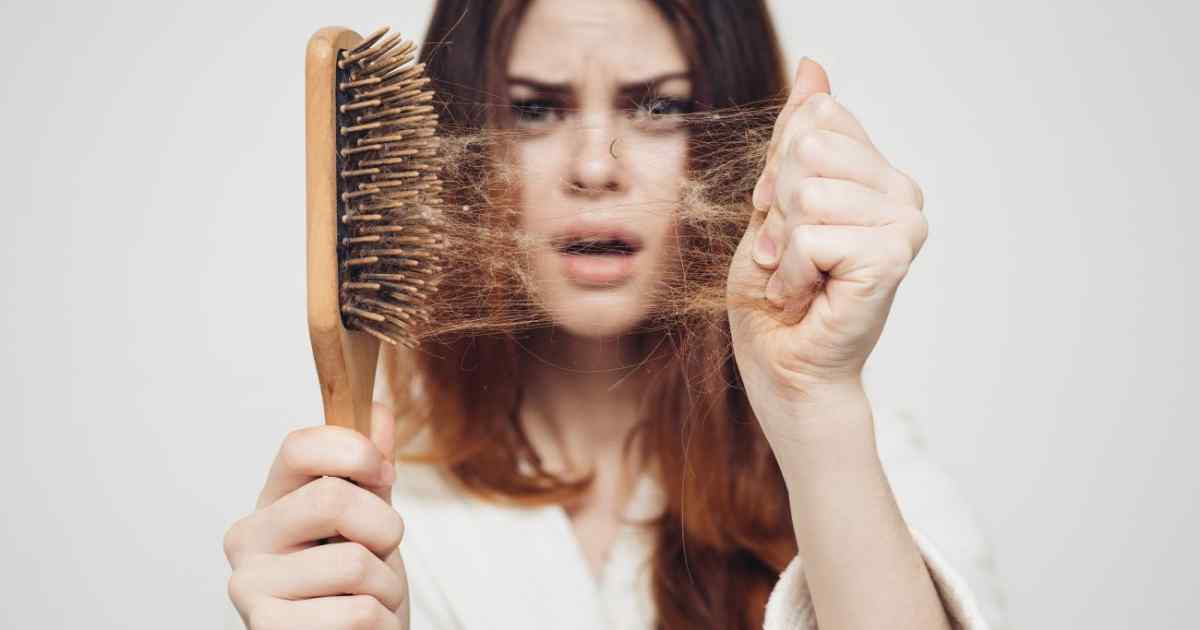Like many women, you probably consider your hair one of your most important physical features. So, it can be distressing to realize you’re suddenly losing more hair. Start a search today to learn everything you need to know about hair loss.
If you notice your comb has more hair in it than usual, it may be wise to take it seriously. There may be many reasons that hair loss is occurring and the sooner you find out which it is, the sooner you can work on treating it.
Genetics
Female pattern hair loss (FPHL), also known as androgenetic alopecia, is the progressive thinning of hair on the scalp. This is a result of the hair follicles shrinking over time. It is estimated to affect up to 40% of women in their lifetime. The risk of androgenetic alopecia increases with age and it has a strong genetic basis (thus, if your family members experience FPHL, it is likely that you will too). Though many genes may play a role in FPHL, the Androgen Receptor (AR) gene seems to be especially important (but more so for male hair loss). The AR gene is responsible for the production of androgen receptors, which respond to androgens in the body. Increased activity of androgen receptors, and subsequently androgen, in hair follicles can lead to a shorter cycle of hair growth and shorter, thinner hair. The good news is that there are many treatment options available that have been shown to be effective.
Vitamin or Nutrient Deficiency
It isn’t surprising that in today’s busy world, where many people opt for fast food meals or skip meals altogether, vitamin and nutrient deficiencies are leading causes of hair loss. Some common deficiencies which contribute to hair loss include Omega 3 Fatty Acids, Vitamins A-D and Iron. This is why it’s important to maintain a healthy diet filled with fruits and vegetables. Your hair is also made of protein, so consuming protein is essential for promoting hair growth.
Medications
If you’ve recently began experiencing hair loss, the reason may lie within your medicine cupboard. There are many medications that can lead to hair loss by interrupting the normal cycle of hair growth, which includes a 2-6 year growth phase followed by a resting phase, and eventually the falling out and replacement of hair.
The most common mechanism by which drugs disrupt the cycle is by causing the hair follicles to go into their resting phase and fall out prematurely (known as telogen effluvium). Some medications may also disrupt the growth cycle by preventing the cells which produce new hairs from dividing normally (known as anagen effluvium).
Certain blood-thinners, high blood-pressure drugs (such as beta-blockers), immune-suppressing medications and other drugs have all been observed to cause hair loss. Of course, different people will react differently to the same medications, so just because one person experiences hair loss due to a medication, it doesn’t necessarily mean that you will, too!
Extreme stress
Both physical stress (such as an injury or pregnancy) and emotional stress can cause hair loss. Stress can disrupt the hair cycle by causing hair follicles to go into the resting phase prematurely. It can also contribute to alopecia areata, an autoimmune disease in which the immune system attacks hair follicles. Finally, stress can lead to a condition called Trichotillomania, which leads its sufferers to pull out their hair as a way of coping. This type of hair loss is typically reversible, fortunately, with reduced stress.
Medical conditions
Hair loss can be indicative of an underlying medical condition, usually a hormone imbalance, which is why it’s important to take it seriously. One condition in women that commonly causes hair loss is Polycystic Ovarian Syndrome (PCOS), which is an endocrine disorder that can cause the overproduction of androgens, and thus decreased hair growth on the scalp. An overactive or underactive thyroid can also lead to hair loss. The thyroid gland is responsible for the production of thyroid hormone and for the regulation of metabolism. When it’s overactive (hyperthyroidism), there’s thinning of hair and when it’s underactive (hypothyroidism), there’s hair loss. There are about 30 other known diseases that cause hair loss and treating these are the solution to the problem.
